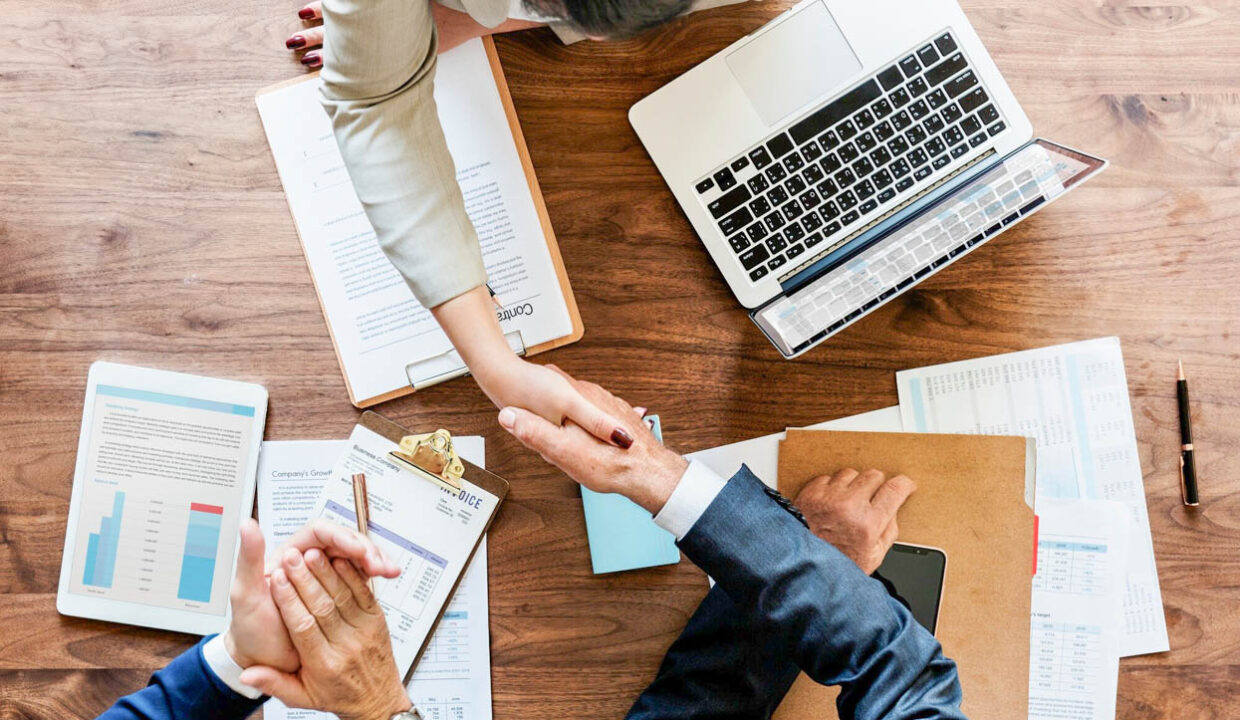
Buying a home in Andalusia is the dream of many foreigners who seek sunshine, quality of life, and a solid investment in one of Europe’s most attractive regions. However, aside from the purchase price, there are several additional costs every buyer must consider.
In this article, we will explain in detail what these costs are, how much you can expect to pay, and which mistakes to avoid to ensure a smooth buying experience without unpleasant surprises.
Can a Foreigner Buy a Property in Andalusia?
The answer is simple: yes. In Spain, there are no legal restrictions preventing foreigners from purchasing real estate, whether they are residents or not.
In fact, Andalusia is one of the most popular regions for international buyers, especially from the UK, France, Germany, the Nordic countries, and, more recently, the United States.
That said, before starting the buying process, the foreign buyer must obtain a NIE (Foreigner Identification Number), a mandatory requirement for any economic transaction in Spain.
Main Costs When Buying a Property in Andalusia
In addition to the purchase price, you will need to cover several additional expenses, which in total can represent between 10% and 15% of the property value. Let’s look at them one by one.
1. Transfer Tax (ITP) or VAT
- Resale properties:
If you buy a second-hand property, you will pay the Transfer Tax (Impuesto de Transmisiones Patrimoniales – ITP).
In Andalusia, the general rate is 7% of the purchase price, although there are reductions for young buyers, habitual residences, etc. - New properties:
If you purchase a brand-new property (directly from the developer), you must pay VAT at 10% plus the Stamp Duty (AJD), which in Andalusia is 1.2%.

For a resale property priced at €300,000, the ITP would be €21,000.
For a new property priced at €300,000, you would pay €30,000 VAT + €3,600 Stamp Duty.
2. Notary Fees
The purchase deed must be signed before a notary.
Notary fees are regulated by law and vary depending on the property price, but they generally range between €600 and €1,500.
3. Land Registry Fees
After signing the purchase deed, it must be registered at the corresponding Land Registry Office.
The registration fee usually ranges between €400 and €1,000, depending on the property’s value.
4. Administrative Agency (Gestoría)
Although it is not mandatory, many buyers hire a gestoría to handle the payment of taxes and the property registration.
The cost is usually between €300 and €600.
5. Lawyer’s Fees
It is highly recommended for foreign buyers to hire a lawyer specialising in Spanish property law.
The lawyer will:
- Verify the ownership of the property.
- Check for outstanding debts.
- Draft or review contracts.
The cost generally ranges between 1% and 1.5% of the purchase price, or a fixed fee of between €1,500 and €3,000.
6. Property Valuation
If you are applying for a mortgage, the bank will require an official valuation of the property to determine its real market value.
A valuation typically costs between €300 and €600.
7. Mortgage Costs (if applicable)
If you finance your purchase with a Spanish mortgage, there are some costs involved:
- Opening commission (usually between 0.5% and 1% of the loan amount).
- Costs for mandatory insurances (life, home).
- Notary, registry, and administrative fees associated with the mortgage (most are now covered by the bank since 2019, but not always all).
Additional Costs to Consider
Besides the main expenses, there are a few extra costs you should take into account.
1. Translations and Powers of Attorney
If you are not fluent in Spanish, you will need sworn translations of documents or a sworn interpreter at the notary office, especially if you do not grant a power of attorney to your lawyer.
Approximate cost: €300 to €800.
If you cannot be present at the signing, you can grant a power of attorney to your lawyer to sign on your behalf.
Approximate cost: €150 to €300.
2. Obtaining the NIE
The process of obtaining the NIE can cost between €100 and €300, depending on whether you handle it yourself or hire an agent.
3. Opening a Spanish Bank Account
Having a bank account in Spain facilitates payments for utilities, taxes, community fees, etc.
Many banks offer specific accounts for non-residents.
Some banks charge maintenance fees (between €60 and €240 per year).
4. Home Insurance
Although it is not mandatory (except when you have a mortgage, in which case the bank will require it), it is highly advisable to take out home insurance.
Approximate cost: between €150 and €400 per year, depending on the insured value.
Example of Estimated Costs
Let’s suppose a foreigner buys a second-hand property in Málaga for €250,000.
| Item | Estimated Amount |
|---|---|
| Transfer Tax (7%) | €17,500 |
| Notary Fees | €1,000 |
| Land Registry Fees | €600 |
| Administrative Agency | €400 |
| Lawyer’s Fees (1%) | €2,500 |
| NIE and translations | €500 |
| Total estimated additional costs | €22,500 |
Conclusion: In addition to the €250,000 purchase price, you should budget around €22,500 in extra costs, approximately 9%.
Common Mistakes Foreign Buyers Should Avoid
- Not verifying the legal status of the property.
Many properties in Andalusia have urban planning or ownership issues. Always hire a lawyer. - Failing to include additional costs in the budget.
Not accounting for extra expenses could leave you short on funds. - Signing contracts without fully understanding them.
Always request a sworn translation if you are not fluent in Spanish. - Assuming the bank will finance 100% of the purchase price.
Spanish banks usually finance between 60% and 80% for non-residents. - Not calculating annual expenses.
Utilities, community fees, property taxes (IBI) – it all adds up.
Final Tips
- Plan ahead. Start the process of obtaining your NIE and opening a bank account early.
- Hire specialised professionals. Don’t try to cut costs by choosing unreliable services: cheap can become expensive.
- Check for debts and encumbrances on the property.
A property might have mortgages, embargoes, or community fee debts. - Think long-term. Are you buying to live? To invest? To rent out? Your strategy will guide your decisions.
Buying a property in Andalusia is an exciting decision, but it’s also a significant investment.
With good planning and the right professional advice, you can enjoy your home under the Andalusian sun without unpleasant surprises.


